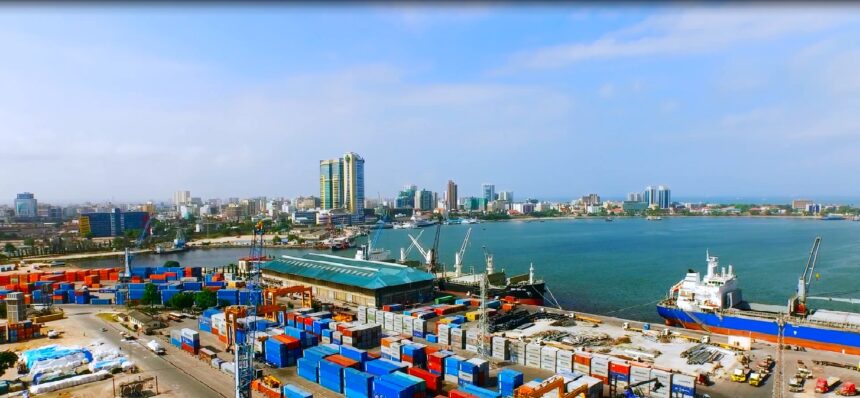This comprehensive view provided by the DP World CEO underscores Tanzania’s emerging role as a gateway to African trade, highlighting the importance of infrastructure development and international collaboration in realizing this vision. This insight follows the recent 30-year concession agreement with the Tanzania Ports Authority for the Port of Dar es Salaam.
Bin Sulayem highlighted Tanzania’s integral role within the East African Community (EAC) and its advantageous geographical position on the Indian Ocean, emphasizing the country’s rich natural resources, and positioning it as a key player in both regional and global economies. The Port of Dar es Salaam, he noted, is central to imports and exports for neighboring land-locked countries like Uganda and Rwanda.
Addressing the broader challenges of infrastructure in Africa, Bin Sulayem cited a study by the Infrastructure Consortium of Africa, which shows that poor infrastructure adds between 30% and 40% to the costs of goods traded among African countries He pointed out that intra-African trade is currently only 13%, compared to intra-EU trade at around 60%, according to the European Commission.
DP World aligns with Africa’s development goals, including Tanzania’s aim to become a middle-income economy by 2025. The company plans to invest more than USD 250 million over the next five years in the Port of Dar es Salaam to modernize its operations and enhance cargo clearing, transport, and logistics services.
This investment is expected to attract larger vessels and shipping lines, lower ocean freight costs, and consequently reduce prices for consumers in Tanzania. The modernized port will also bolster Dar es Salaam’s role as the maritime gateway for central Africa’s Copperbelt, one of the world’s largest copper-producing regions.
This is crucial in the global effort to reduce carbon emissions, as exports of copper and other vital minerals are increasingly important in meeting the world’s growing energy demand.
Bin Sulayem also touched on DP World’s broader commitment to Africa, mentioning investments in the Horn of Africa, the Democratic Republic of Congo, and the $1 billion development of the Port of Ndayane in Senegal. These projects aim to transform various regions into major logistics hubs and unlock international trade opportunities.
Concluding his article, Bin Sulayem stressed the importance of public-private collaboration, investment, and commitment to developing infrastructure that boosts local economies like Tanzania’s and accelerates Africa’s potential as a trading powerhouse.


